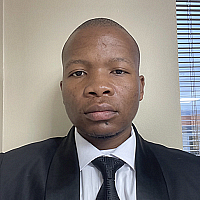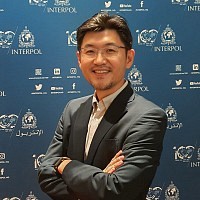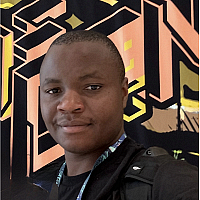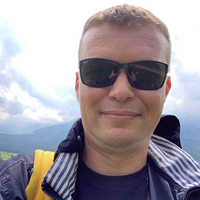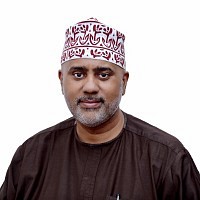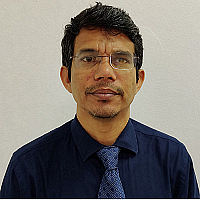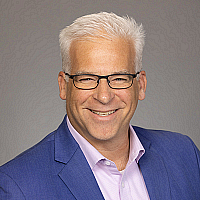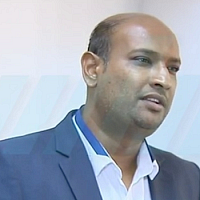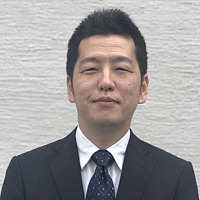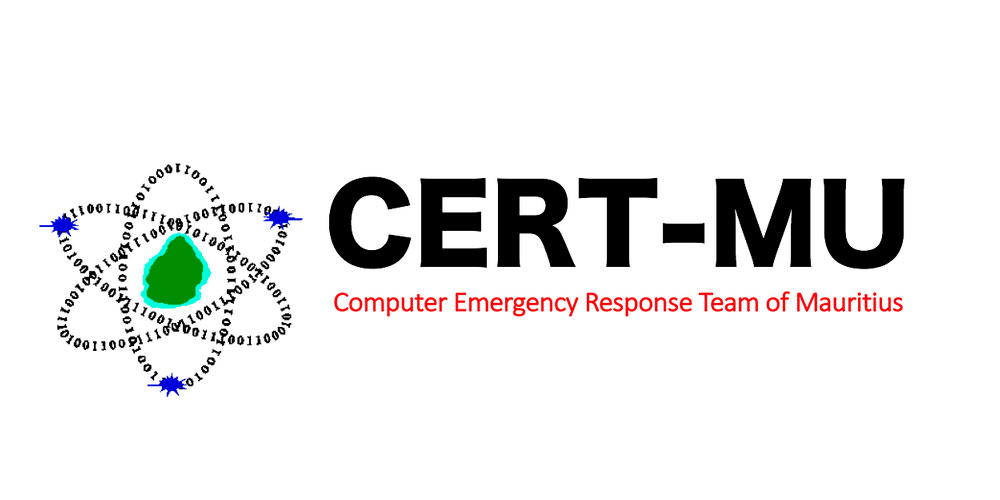A secure and robust national Identity and Access Management program is essential for secure governance, efficient service delivery, and inclusive economic growth. Today, an estimated 850 million people worldwide lack any officially recognized ID, and more than 470 million of them, over half, live in Sub-Saharan Africa (World Bank ID4D). In many African countries, one in three adults has no foundational identification, restricting access to banking, healthcare, education, mobile services, and social protection programs. The absence of strong identity systems also amplifies national security risks, complicates disaster response, and limits governments’ ability to plan and deliver services effectively.
Implementing secure, interoperable digital identity frameworks, supported by biometrics, strong authentication, and modern technologies, helps reduce fraud, improve service access, and ensure that every resident can participate fully in economic and civic life. For African countries, where hundreds of millions remain without an official ID, a strong identity management system is not merely technical infrastructure; it is a foundational driver of economic inclusion, social equity, and national resilience.
Mamady Konneh is a cybersecurity thought leader specializing in Identity and Access Management, with over a decade of experience across sectors including SaaS, healthcare, finance, hospitality, and retail. As Lead of Identity Governance and Administration at Okta—the global leader in identity and access management—he played a pivotal role in advancing innovative Identity Governance and Administration solutions. Mamady holds a master’s degree in Security Technologies from the University of Minnesota–Twin Cities, where he conducted research on secure digital identification for Guinea Conakry, which he later presented at the 2018 Smart Security Week in Marseille, France.
Beyond his professional achievements, Mamady is the founder and Executive Director of WeNetworkNow, a nonprofit organization dedicated to empowering immigrants, refugees, and first-generation Americans through networking, professional development, and mentorship programs. He also serves on multiple nonprofit boards and advisory groups, championing opportunities for immigrants, promoting diversity in technology, and supporting pathways to economic mobility.



